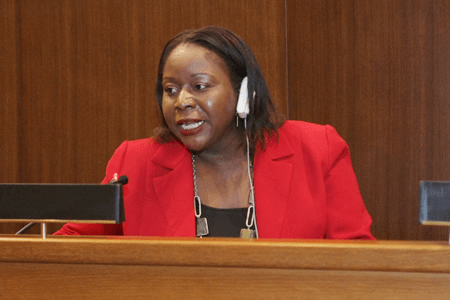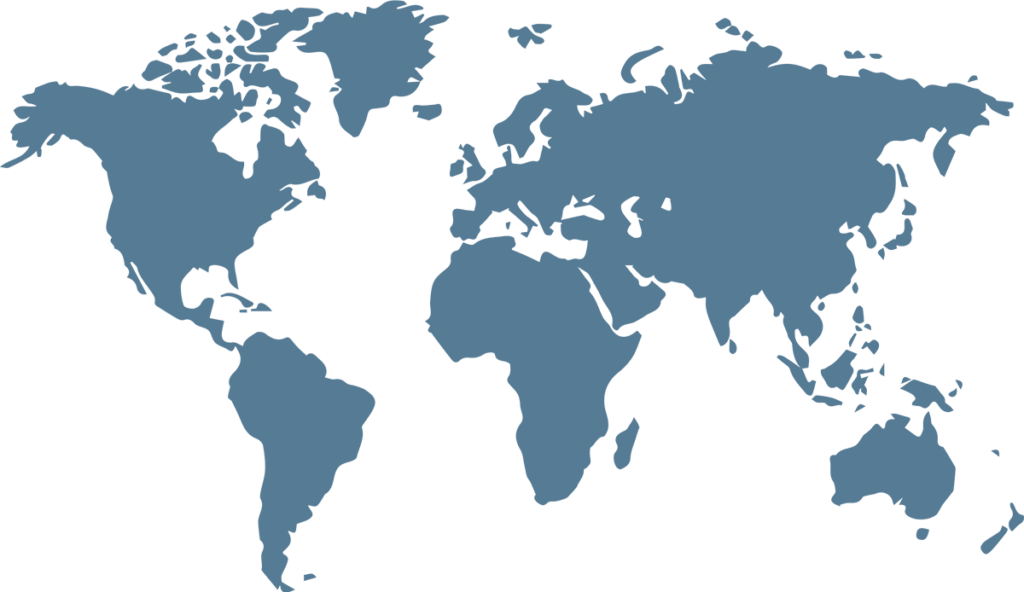Watmore Makokoba – Own Correspondent
Although there is notable progress in the renewable energy sector in Zimbabwean, human rights activists have expressed concern over inconsistencies and exclusion in the country’s energy policies.
Albeit the current beautifully crafted energy policies, including the National Energy Policy and Renewable Energy Policy (REP), which in essence are meant to recognise the importance of ensuring equitable access to renewable energy, there still exist gaps in terms of women participation and inclusion.
The country’s energy policies have oftentimes filed to address gender disparities that have been in existing since time immemorial. Unfortunately, Women and children have been left victims. According to women’s rights advocates, the policy frameworks have not been effective enough to actualize the same objective they were meant for.
Pamela Mhlanga, Executive Director, of Zimbabwe Women’s Resource Centre and Network has pointed out that because of existing policy gaps, the country’s women are lagging in accessing and benefiting from renewable energy initiatives.
“Renewable Energy Policy is limited in its gender responsiveness, there is little recognition of differing roles and diverse needs that exist between women and girls, men and boys as regards energy access including existing energy deficiencies,
“The policy only considers women and children as renewable energy consumers that need the energy to satisfy their socially ascribed roles but fails to recognise the roles women can play in the energy value chain,” she said.
According to an Assessment of gender and Energy gender carried out by the Zimbabwe Women Resource Centre in 2017, Renewable Energy Policy mentions gender mainstreaming but without accompanying clear goals, strategies and details on the institutional framework for accomplishing the goals for gender equality in access to renewable energy.
This as the research suggests, creates gaps in women’s universal access to renewable energy.
“In addition to the gaps, the technical nature of the policy makes it inaccessible to the general populace, especially women and children”, reads the study report.
The study also indicated that men dominate energy projects implemented by government and non-governmental organisations thereby making women’s concerns remain peripheral.
“The intrinsic value of energy projects leads to their elite capture which sidelines women, a majority of energy projects are not mainstreaming gender and therefore remain unresponsive to women’s energy needs,
“Due to the technical nature of the projects, a top-down approach is usually adopted for energy projects which undermines gender responsiveness, Women have limited access to information on entry points and strategies to participate in the renewable energy sector” reads the ZWRC Study report.
Zimbabwe’s Renewable energy policy document specifies that it “….targets for the eradication of extreme poverty and hunger, the promotion of gender equality and women’s empowerment, and combating HIV and other infectious diseases”, however, it does not fully explain how this will be achieved.
Access to energy can reduce the time burden on women who typically collect fuel and water, allowing them to take on additional income-generating activities or education opportunities. Moreover, renewable energy can help reduce indoor air pollution from cooking with solid fuels, which disproportionately affects women and children.
According to Hivos Southern Africa, “The Green and Inclusive Energy partnership must focus on lobby and advocacy that will influence the public and political debate on energy, with the ultimate aim of transitioning toward greener and more inclusive energy systems,
“Only then, will renewable energy become more available and widespread, so that the energy needs of women and men are met for their daily activities, livelihoods, education and health, creating economic opportunities and growth whilst mitigating climate change” reads a report by Hivos.
The United Nations acknowledges the significance of renewable energy in solving gender disparities. In the Energy Access Outlook 2017 report, the UN highlights that sustainable energy access can empower women, enhance their economic potential, and improve their health and well-being.
The UN also emphasises the need to ensure that women’s voices are heard and that their participation is recognised in energy decision-making processes. By focusing on gender and social equity, renewable energy access can become a tool for tackling gender disparities, promoting gender equality and sustainable development.

